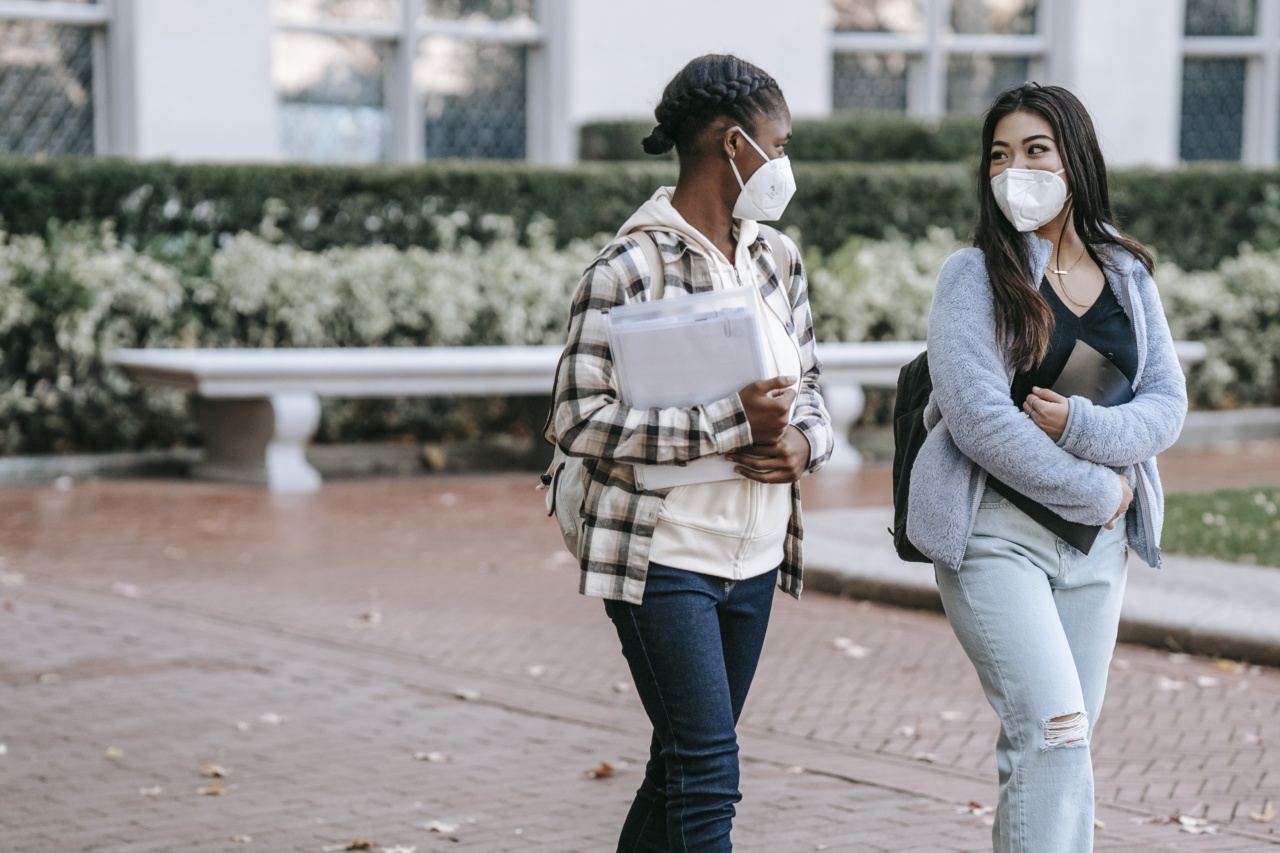Colon cancer, also known as colorectal cancer, is one of the most common types of cancer and a leading cause of death worldwide.
While it is often associated with older age groups, recent studies have shown a disturbing trend of increasing colon cancer rates among young people. This alarming rise has been linked to several lifestyle habits that are prevalent among the younger population.
1. Sedentary Lifestyle
In today’s digital age, many young people are leading sedentary lifestyles, spending long hours sitting in front of screens.
Lack of physical activity, along with prolonged sitting, has been associated with a higher risk of developing colon cancer. Engaging in regular exercise and reducing sedentary behavior can significantly reduce the risk.
2. Poor Diet
Another major contributing factor to the increased risk of colon cancer among young people is poor dietary habits. Consumption of processed foods, high in sugar, unhealthy fats, and low in fiber, has become a common trend.
Such diets have been linked to inflammation in the colon and an increased risk of developing cancerous growths. A healthy diet rich in fruits, vegetables, whole grains, and lean proteins is essential in reducing the risk of colon cancer.
3. Obesity
The younger generation is facing an obesity epidemic, with a significant percentage of young people being overweight or obese. Obesity not only increases the risk of developing colon cancer but also influences its aggressiveness and prognosis.
Maintaining a healthy weight through regular physical activity and a balanced diet is crucial in reducing the risk of colon cancer.
4. Smoking
Tobacco smoking has long been recognized as a major cause of lung cancer. However, recent studies have also linked smoking to an increased risk of colon cancer, particularly among young smokers.
The harmful chemicals in tobacco smoke can damage the DNA in cells lining the colon, leading to the formation of cancerous growths. Quitting smoking is essential in reducing the risk of colon cancer and improving overall health.
5. Excessive Alcohol Consumption
Many young people engage in excessive alcohol consumption, often as a part of their social activities. Excessive alcohol intake has been associated with an increased risk of colon cancer.
The toxic byproducts of alcohol metabolism can damage the DNA in colon cells, leading to the development of cancer. Limiting alcohol consumption to moderate levels is important in reducing the risk of colon cancer.
6. Stress and Mental Health
High levels of chronic stress and poor mental health have been linked to an increased risk of various health conditions, including colon cancer.
Young people today face immense pressure and high levels of stress, which can have detrimental effects on their overall well-being. Managing stress through practices such as meditation, exercise, and seeking support is crucial in reducing the risk of colon cancer.
7. Lack of Screenings
While regular screenings for colon cancer are recommended for individuals over the age of 50, young people often neglect such screenings. This lack of awareness and routine screenings can result in delayed diagnosis and treatment of colon cancer.
Regular screenings, especially for those with a family history of colon cancer, can help detect and treat the disease at an early stage.
8. Environmental Factors
Exposure to certain environmental factors can also contribute to an increased risk of colon cancer among young people. Factors such as pollution, industrial chemicals, and radiation have been linked to the development of cancer.
Taking necessary precautions and minimizing exposure to such harmful environmental factors can help reduce the risk of colon cancer.
9. Lack of Education and Awareness
Young people often lack proper education and awareness about the risk factors and preventive measures for colon cancer. This results in a lack of motivation to adopt healthy lifestyle habits and engage in regular screenings.
Educating young individuals about the importance of healthy choices, early detection, and prompt treatment can play a significant role in reducing the risk of colon cancer.
10. Genetic Predisposition
Although lifestyle habits play a prominent role in the development of colon cancer among young people, there are cases where genetic predisposition plays a significant role.
Individuals with a family history of colon cancer or certain genetic mutations, such as Lynch syndrome, have a higher risk of developing the disease at a younger age. Regular screenings and genetic counseling can help identify and manage such risks effectively.































